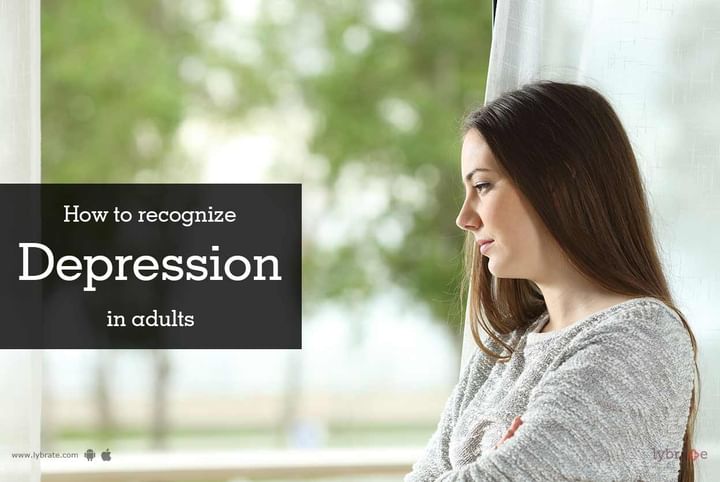How To Recognize Depression In Adults
Alternating between being happy and sad as you go through life's ups and downs is normal, but if you're sad most of the time, it could be a sign of being depressed. Depression takes the joy out of all your activities, and can make merely getting through a day feel overwhelming. The first step to overcoming this problem is to understand its symptoms and causes. Not everyone experiences depression the same way, but here are a few questions that can help tell you if you are depressed or not.
Do you feel helpless?
It is common for depressed people to feel helpless and that everything around them is out of their control. As a result, the person may either stop participating in activities all together or try to control things they can't. Both situations are cyclic and lead to further depression.
Have you lost interest in daily activities?
The feeling of helplessness is one of the main reasons depressed people lose interest in activities. Another reason is that activities that were once enjoyed now do not seem interesting enough. In most cases, this leads to the person isolating himself and withdrawing from all his family and friends.
Do you often feel angry or irritated?
Depression is almost always accompanied by irritability and anger. Small annoyances that would usually be overlooked quickly, take on an inappropriate significance. This can lead to poor impulse control, substance abuse and anxiety disorder. In most cases, anger and depression are related by the person trying to take accountability for things that are out of his control and hence feeling helpless.
Is there a change in your sleep pattern?
Your sleep quality is very closely related to the way you feel. Depressed people often suffer either from insomnia or oversleeping. Depressed people can have trouble going to sleep as well as staying asleep. This can cause drowsiness and lethargy during the day. Sleep apnea is also linked with depression. As you can imagine, if this is left untreated, it will only worsen your depression.
Do you feel tired?
When the body does not get adequate sleep, you begin the day feeling tired. Thus, depressed people often feel fatigued and complain of a number of muscle and joint pains. This is because the body has not had enough time to regenerate cells during the night. This is usually complemented by complains of persistent headache and stomach aches, both of which are emotionally connected to the way you feel.
The nature of depression is such that it lowers a person's self-esteem to the point of interfering with his ability to seek help. Hence, if you have a positive response to the above questions, it is time to address your problem before it worsens.



+1.svg)
